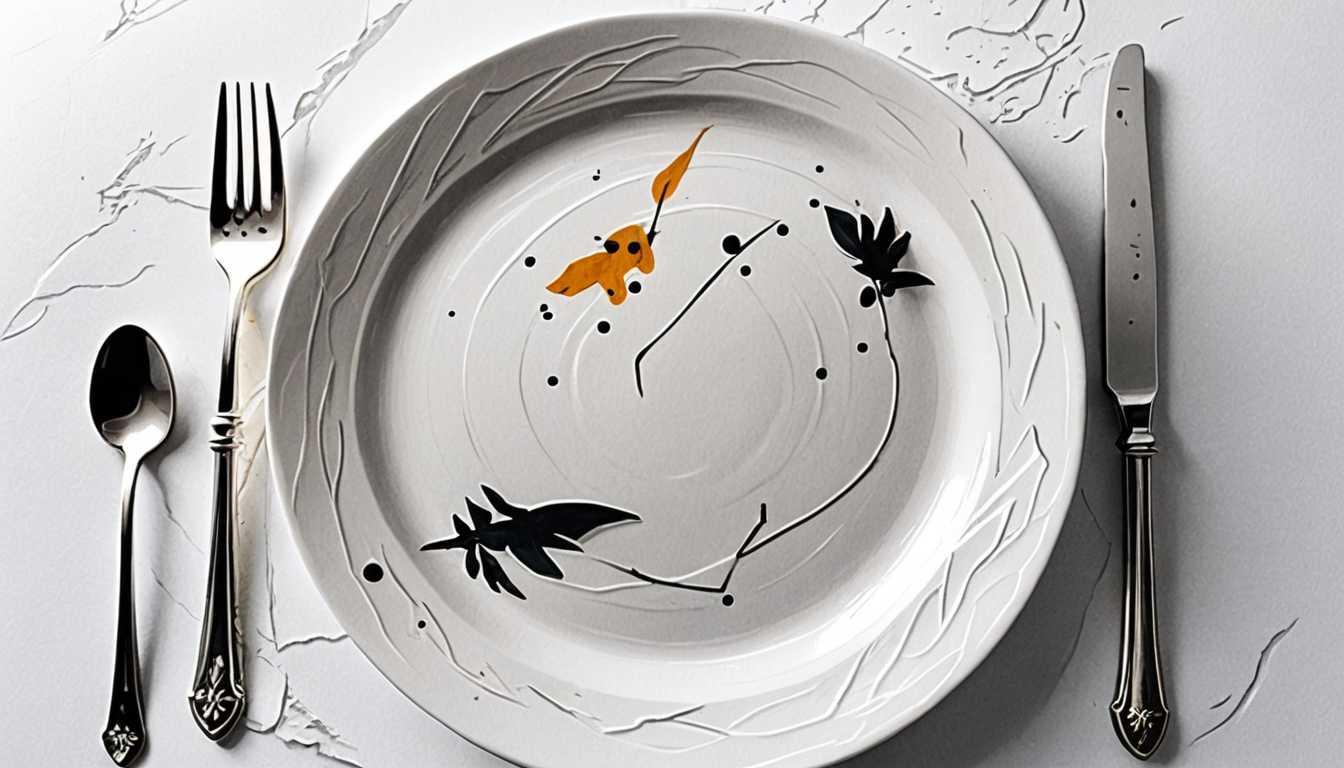Moo-ving Towards the Future: Synthetic Embryos!
May 2024
MIT Technology Review
Introduction
Hey there, future scientists! Did you know that researchers are working on getting cows pregnant using synthetic embryos? This groundbreaking method could revolutionize dairy farming and food production! Check out the fascinating article from CellImage to learn how these synthetic wonders are reshaping agriculture and what it means for the future. You won’t want to miss this moo-velous read!
READ FULL ARTICLEWhy It Matters
Discover how this topic shapes your world and future
Exploring the Frontiers of Life and Technology
Have you ever imagined a world where animals could be created from scratch, using only cells and science? The research happening at the University of Florida is not just about breeding cattle, it challenges our very understanding of life itself. Scientists are working on creating synthetic embryos from stem cells, which could revolutionize agriculture and even help endangered species. This topic is significant because it raises important questions about ethics, biology, and the future of reproduction. On a global scale, understanding these processes could lead to advancements in food security, conservation efforts, and even medical therapies. As you dive into this topic, think about how these scientific developments could shape your future and the world around you.
Speak like a Scholar
Stem Cells
Special cells in the body that can develop into different types of cells. They are like blank slates that can become anything from nerves to muscles.
Embryo
An early stage of development in living organisms, where cells start to grow and form the basic structure of a new individual.
Synthetic
Something that is made artificially, rather than occurring naturally. In this case, it refers to embryos created in a lab.
Cloning
A scientific process that produces a genetically identical copy of an organism. Think of it as making a biological twin!
Blastocyst
A stage in early development of an embryo that is crucial for implantation into the uterus, where it can grow into a fetus.
Ethics
A branch of philosophy that deals with what is right and wrong, it often comes into play when discussing new technologies and their implications for society.
Independent Research Ideas
The Science of Stem Cells
Investigate how stem cells work and their potential uses in medicine and agriculture. What ethical dilemmas arise from this technology?
Synthetic Biology and the Future of Farming
Explore how synthetic embryos could change livestock production and food supply. What are the environmental impacts?
Endangered Species and Cloning
Look into how cloning and synthetic embryos could help restore populations of endangered species. What are the challenges and successes so far?
The Ethics of Creating Life
Debate the ethical questions surrounding synthetic embryos in animals and potential human applications. What guidelines should scientists follow?
Comparative Analysis of Cloning Techniques
Examine the differences between traditional cloning and the creation of synthetic embryos. Which methods are more effective for various species?
Related Articles

Avian Flu: A Mammal-to-Mammal Mystery!
July 2024
Cornell News Highlights

Komodo Dragons: Teeth of Iron and Mystery
July 2024
King's College London - News

Vaccines: Cat's Shield Against Invisible Enemies
March 2023
Phys Org

Fasting: A Gut’s Best Friend or Foe?
October 2024
MIT Technology Review

Cows: Biomedical Breakthrough Stars
February 2024
Cornell University